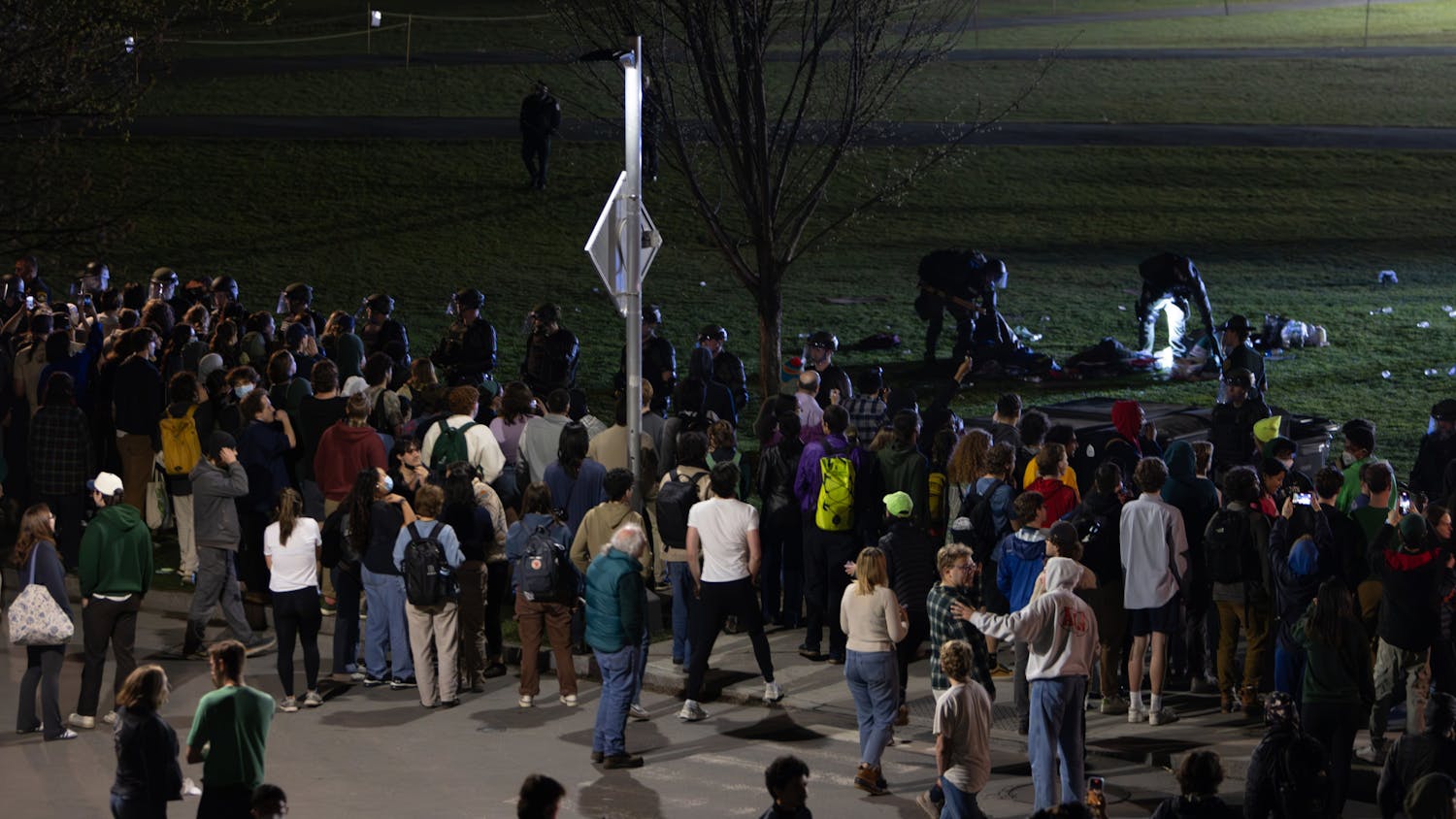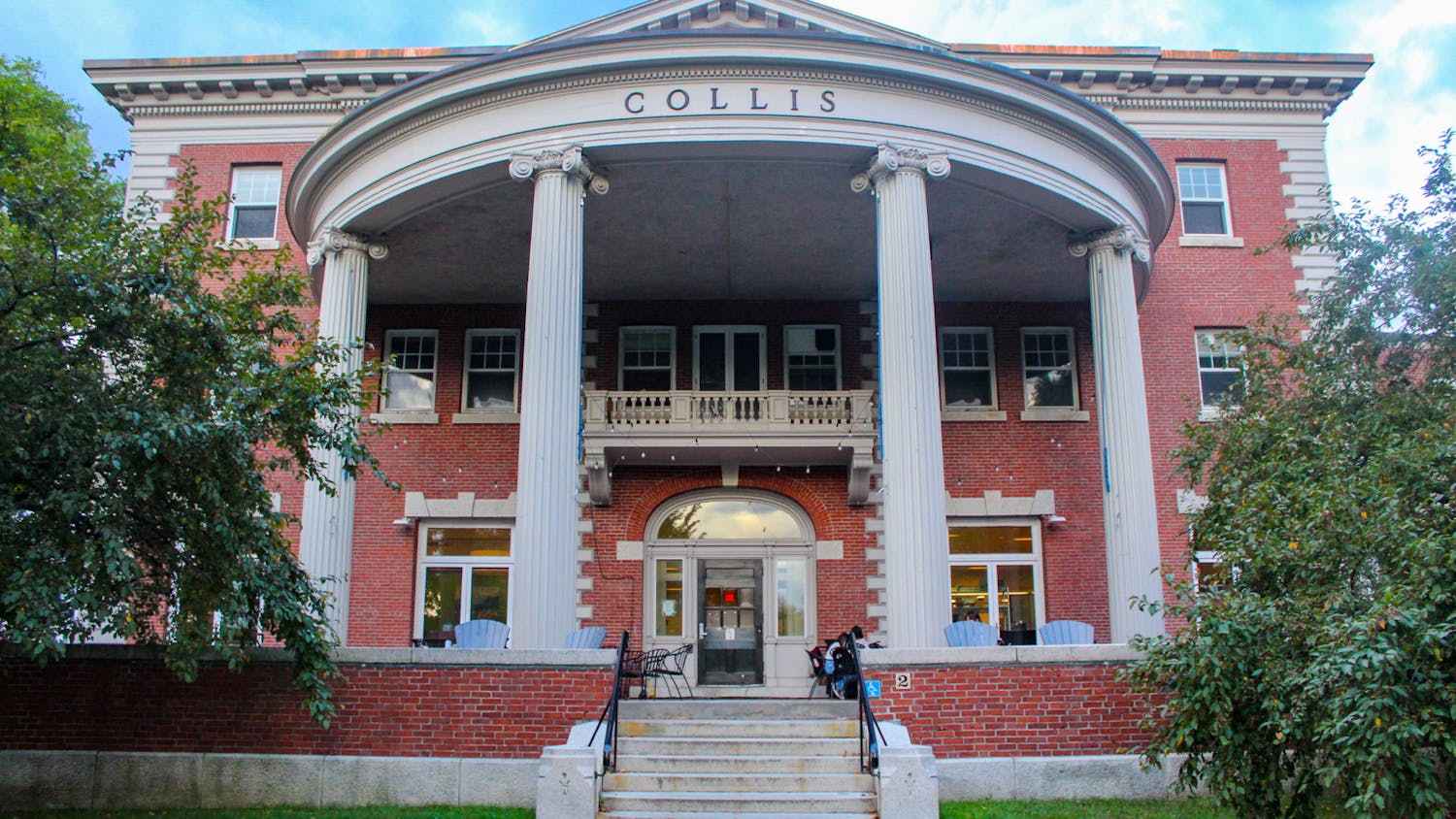Speaking on "The Jewish Question in France" in a lecture last night in Dartmouth Hall, anthropologist Judith Friedlander said Jews have fought for the last century to maintain their culture in a society that tends toward homogeneity.
Yesterday afternoon and last night, approximately 200 students and faculty filled 105 Dartmouth Hall to attend the first of a three-part lecture series titled "Auschwitz and After: Race, Culture and the Jewish Question in France."
Earlier in the day, panelists discussed the place of revisionist history, which denies the existence of concentration camps during World War II, in French society.
The conference, which will run through January, explores the progress and treatment of Jews in France from the period of Nazi occupation during World War II until the present.
Professor Lawrence Kritzman, chair of the comparative literature department and the organizer of the conference, said the discussion was designed to center on "the identification of the Jew with the memory of Auschwitz in France."
Author Pierre Vidal-Naquet, who teaches at the fcole Pratique des Hautes ftudes en Sciences Sociales in Paris, said the "residual guilt" that emerged among the French following the collapse of the French Vichy government in the 1940s resulted in a revisionist history movement.
According to Naquet, "historical facts are not 'things' ... they are alive with us today."
The fact that the Holocaust is a recurring theme in literature and the arts is a clear indication that it is not merely a historical event belonging to the past, he said.
The anti-Semitism that consumed the French under Vichy created a mindset which continues to surface in a milder form in contemporary French society, according to Ambassador of French Culture Christian de la Campagne, who opened the discussion.
"It is important to identify the factors which foster this sentiment in order to understand the point at which we find ourselves today," de la Campagne said.
The Israeli victory in the Middle East during the Six-Day War in 1967 contradicted the image of concentration camps with which the French associated the Jews, de la Campagne said.
He said the extreme rightist party in France fostered anti-Semitism through publications during the 1960s and 1970s.
De la Campagne said the Israeli victory and the increased promulgation of anti-Semitism in France contributed to the Jews' social and political situation in France today.
Friedlander is the Dean of the New School for Social Research in New York.



